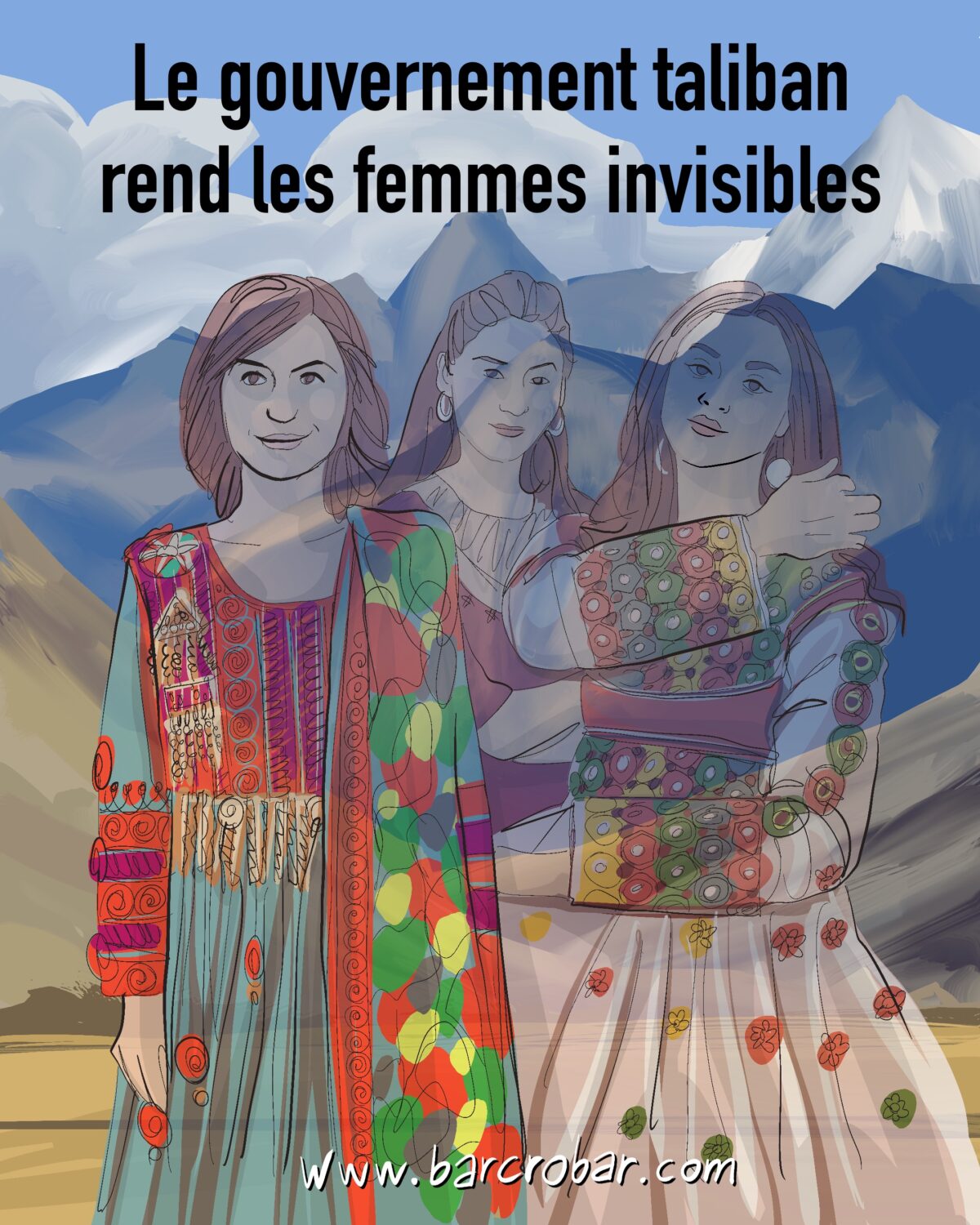The Taliban Ministry for the Promotion of Virtue and the Prevention of Vice has called on Afghan television stations to stop broadcasting series featuring women, as part of new "religious directives" broadcast on Sunday. "Television stations must avoid showing soap operas and soap operas in which women have appeared", says a document issued by the ministry to the media.
It also asks them to ensure that female journalists wear "the Islamic veil" on screen, without specifying whether this means a simple headscarf, already usually worn on Afghan television, or a more covering veil. "These are not rules, but religious directives", ministry spokesman Hakif Mohajir told AFP. Afghan television stations are also being urged to avoid programmes "opposed to Islamic and Afghan values", as well as those that insult religion or "show the prophet and his companions". This is the first time the ministry has attempted to regulate Afghan television since the Taliban seized power in mid-August.
Respect for "Islamic values
During their first reign, from 1996 to 2001, the Ministry for the Promotion of Virtue and the Prevention of Vice, responsible for ensuring that the population respected "Islamic values" on a daily basis, was feared for its fundamentalism and the punishments it entailed. The Taliban had banned television, cinema and all forms of entertainment deemed immoral. People caught watching television were punished and their equipment destroyed; possession of a video recorder was punishable by public flogging. For a time, television sets could even be seen hanging from lampposts.
Overthrown in 2001, the Taliban returned to power last August in a country with a transformed media landscape after 20 years of Western-backed government. Over these two decades, the media sector has exploded, with dozens of private radio stations and television channels springing up. They offered new opportunities to women, who were not allowed to work or study under the Taliban in the 1990s. Today, although the Taliban are showing a more moderate face, they have still not allowed many women to return to work in the public services.
Classes for girls in secondary schools and public universities have not yet reopened in most of the country. At private universities, the Taliban have demanded that female students wear veils. Taliban fighters have also on several occasions beaten up journalists accused of covering "unauthorised" demonstrations by women.

